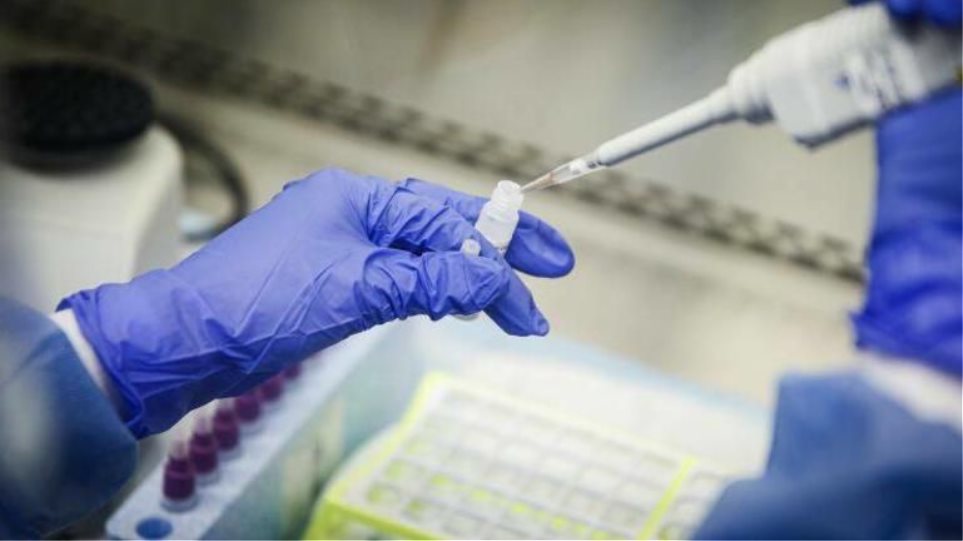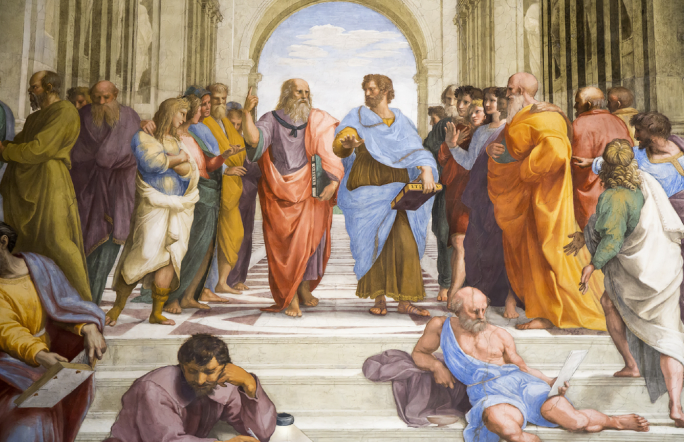A new analysis of ancient genomes suggests that different branches of the human family tree interbred multiple times, and that some humans carry DNA from an archaic, unknown ancestor. Melissa Hubisz and Amy Williams of Cornell University and Adam Siepel of Cold Spring Harbor Laboratory report these findings in a study published in PLOS Genetics.
Roughly 50,000 years ago, a group of humans migrated out of Africa and interbred with Neanderthals in Eurasia. But that’s not the only time that our ancient human ancestors and their relatives swapped DNA. The sequencing of genomes from Neanderthals and a less well-known ancient group, the Denisovans, has yielded many new insights into these interbreeding events and into the movement of ancient human populations.
Voices of the Past: How the ancient Greeks viewed India’s Caste system 300BC (video)
In the new paper, the researchers developed an algorithm for analyzing genomes that can identify segments of DNA that came from other species, even if that gene flow occurred thousands of years ago and came from an unknown source. They used the algorithm to look at genomes from two Neanderthals, a Denisovan and two African humans.
Read more: archaeology news network


































